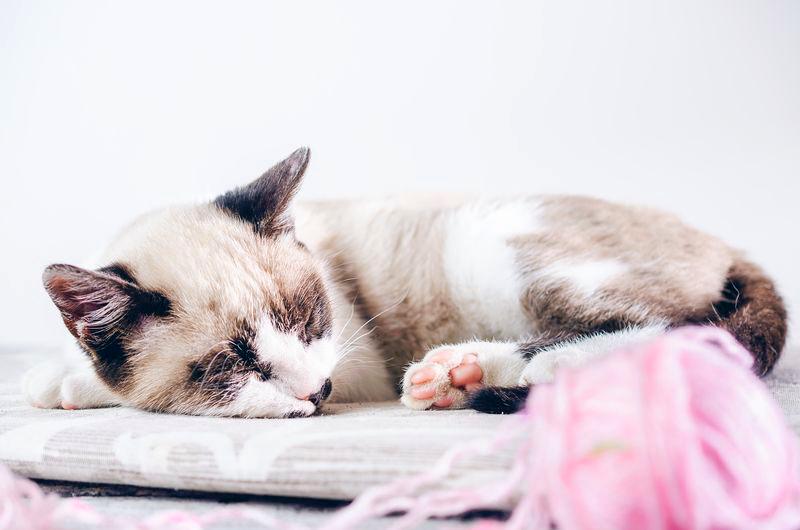PETALING JAYA: With the ever-increasing cost of private veterinary care, NGO Stray Animal Feeders Malaysia (SAFM) has advised pet owners to visit government veterinary clinics instead.
Its president Kalaivanan Ravichandran said government clinics offer essential veterinary services at affordable rates, but are often overlooked in favour of private practices.
A check by theSun showed private veterinary clinics charge between RM50 and RM200 for distemper, adenovirus, parainfluenza, and parvovirus vaccinations compared with government charges of just RM40 to RM65.
Rabies vaccinations are billed at between RM50 and RM100 at private clinics but government clinics provide it for free.
Cat neutering in government clinics costs RM30, and for dogs it’s RM70 while private clinics charge between RM300 and RM800 for dogs and up to RM150 for cats.
“Government veterinary clinics offer affordable care, while private clinics may have more advanced equipment, quicker service and specialised treatments which cost far more.”
Despite this, Kalaivanan said pet owners need to be mindful of the financial implications of animal care, as long-term veterinary care can amount to thousands of ringgit, imposing a significant financial burden on pet owners.
“Government clinics play a crucial role in providing accessible care and managing public health concerns through mass vaccinations and disease control programmes.
“By going to these clinics, pet owners can access affordable care for their pets and support public initiatives aimed at promoting responsible pet ownership.”
Kalaivanan said apart from the Kuala Lumpur Veterinary Hospital (HVKL), the government operates nine veterinary clinics in the Klang Valley that are located in Petaling, Hulu Selangor, Hulu Langat, Klang, Kuala Langat, Kuala Selangor, Gombak, Sabak Bernam, and Sepang districts.
HVKL provides a wide range of veterinary services for animals, including outpatient treatments and surgeries such as neutering and auricular haematoma repair, which is a procedure to drain blood collected underneath an animal’s ear skin.
It also offers dental scaling, vaccinations, and pet registration services like microchipping and pet passports. Diagnostic services include X-rays, ultrasound, and laboratory tests like haematology, blood profiles, and urinalysis.
HVKL also assists with permits for interstate animal movement through the e-permit system and grants permissions for ritual slaughter.
Kalaivanan said despite efforts by the Department of Veterinary Services and other organisations to increase the number of services offered by government clinics, they can vary across different regions.
“Government veterinary clinics in urban areas are better equipped and staffed, providing a range of services to the public. However, those in rural and underserved regions have limited resources, outdated facilities, and are short of veterinary professionals.”
Kalaivanan urged the government to open additional veterinary clinics, especially in rural areas, and to provide additional funding to those already operating.
He said many clinics are struggling with limited budgets that impact their ability to procure necessary supplies, maintain facilities, and hire sufficient staff.
“Underfunding often affects the quality and range of services government veterinary clinics can provide, so to maintain higher standards of animal care, their staff should be provided with skills upgrading and informed about best practices and new veterinary developments.
“Regular inspections and audits by the department would also ensure adherence to high standards, especially since mechanisms are in place to receive and address public complaints and feedback.”
Kalaivanan suggested the government also consider subsidising services such as neutering or other assistance to animal caregivers.
“This would help alleviate the financial strain of poorer pet owners and recognise the role played by caregivers in ensuring the well-being of their pets, which are considered part of the family.”









